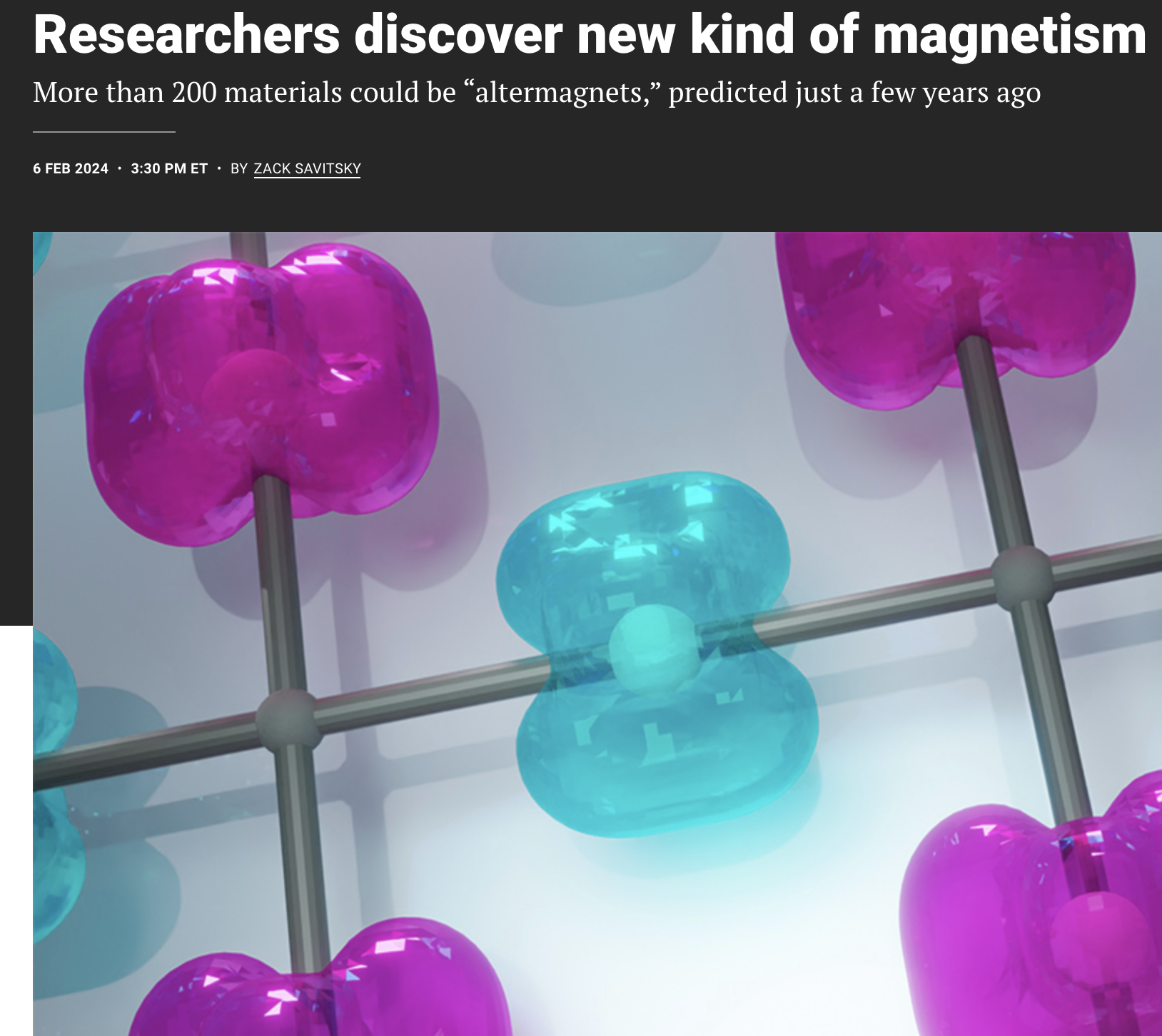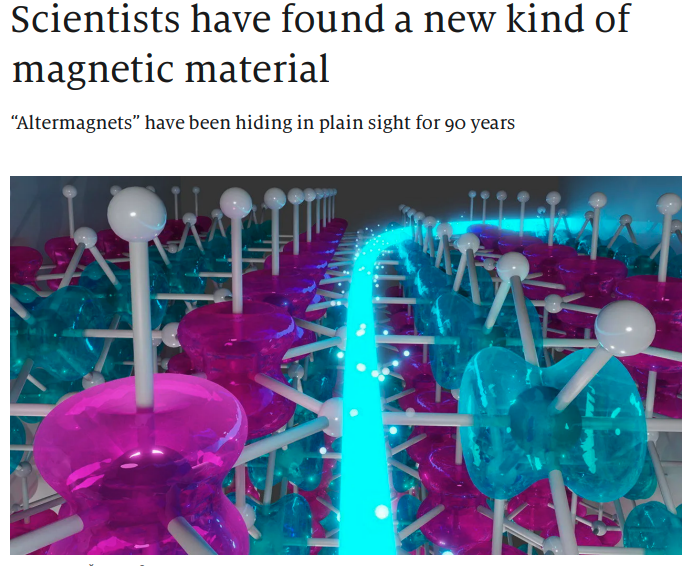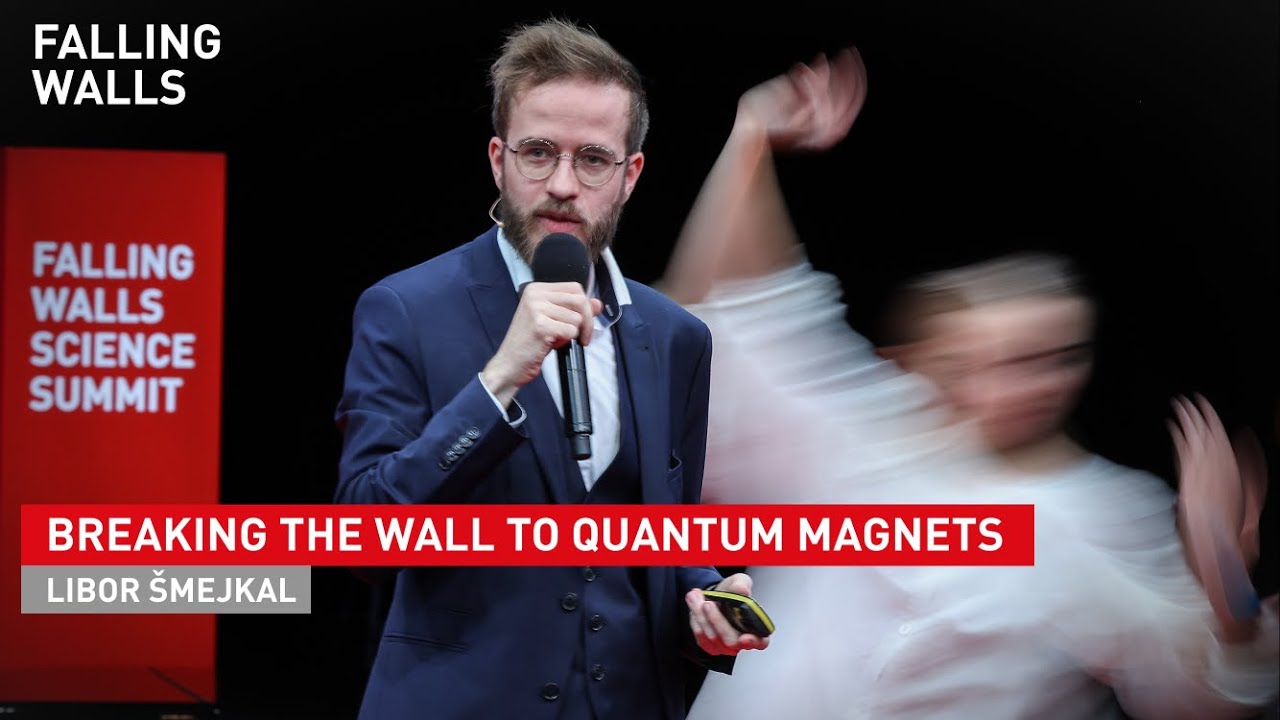My research focuses on the manipulation of altermagnetic materials through various means, such as strain, external fields, and dimensionality. In my PhD, I worked on magnetoelectric and altermagnetic materials, and the description of such effects using higher order magnetic multiples. In general, I use symmetry, effective models, and density functional theory to predict the properties of compensated magnetic materials and how to manipulate these.
Publications:
- X. H. Verbeek, D. Voderholzer, S. Schären, Y. Gachnang, N. A. Spaldin, and S. Bhowal, “Nonrelativistic ferromagnetotriakontadipolar order and spin splitting in hematite”, Phys. Rev. Research vol. 6, p. 043157, 2024.
- X. H. Verbeek, “Hidden order, magnetoelectricity, and complex magnetism in corundum structure transition metal oxides”, PhD thesis, ETH Zürich, 2024.
- E. Bousquet, E. Lelièvre-Berna, N. Qureshi, J.-R. Soh, N. A. Spaldin, A. Urru, X. H. Verbeek, and S. F. Weber, “On the sign of the linear magnetoelectric coefficient in Cr2O3”, J. Phys.: Condens.
Matter, vol. 36, no. 15, p. 155 701, 2024. - X. H. Verbeek, A. Urru, and N. A. Spaldin, “Hidden orders and (anti-)magnetoelectric effects in Cr2O3 and −Fe2O3”, Phys. Rev. Res., vol. 5, p. L042018, 2023.
- G. Araizi-Kanoutas, J. Geessinck, N. Gauquelin, S. Smit, X. H. Verbeek, S. K. Mishra, P. Bencok, C. Schlueter, T.-L. Lee, D. Krishnan, J. Fatermans, J. Verbeeck, G. Rijnders, G. Koster, and M. S. Golden, “Co valence transformation in isopolar LaCoO3/LaTiO3 perovskite heterostructures via interfacial engineering,” Phys. Rev. Mater., vol. 4, p. 026 001, 2020.
- P. T. P. Le, K. Hofhuis, A. Rana, M. Huijben, H. Hilgenkamp, G. A. Rijnders, J. E. ten Elshof, G. Koster, N. Gauquelin, G. Lumbeeck, C. Schüßler-Langeheine, H. Popescu, F. Fortuna, S. Smit, X. H. Verbeek, G. Araizi-Kanoutas, S. Mishra, I. Vaskivskyi, H. A. Dürr, and M. S. Golden, “Tailoring vanadium dioxide film orientation using nanosheets: A combined microscopy, diffraction, transport, and soft x-ray in transmission study”, Advanced Functional Materials, vol. 30, no. 1, p. 1 900 028, 2020.
Pre-prints:
- B. Karetta, X. H. Verbeek, R. Jaeschke-Ubiergo, L. Šmejkal, J. Sinova, “Strain controlled g-to d-wave transition in altermagnetic CrSb”, arXiv preprint 2505.21293, 2025







